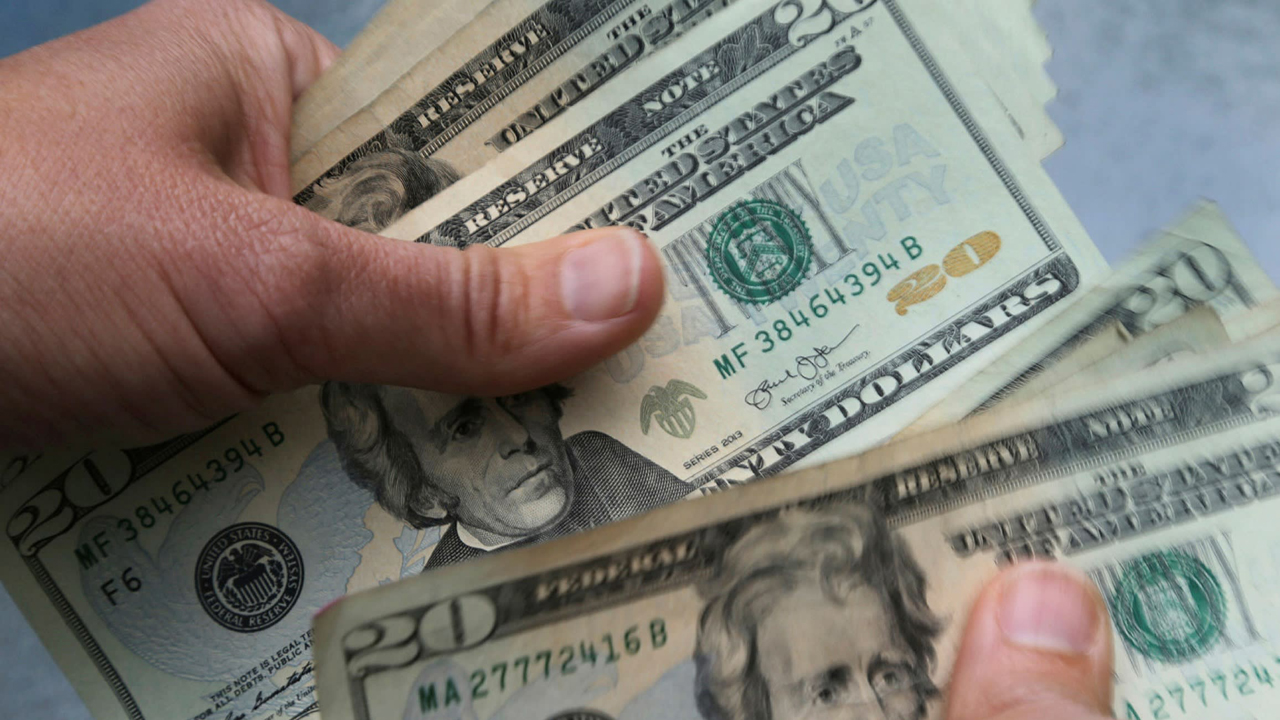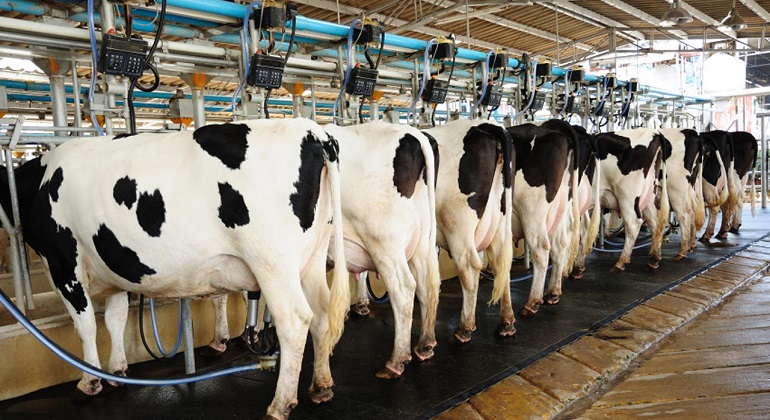
Equities tumbled Thursday, tracking a sell-off on Wall Street, while the dollar jumped further as surging inflation, interest rate hikes and recession fears returned to the fore.
Traders in Europe were keeping tabs on Westminster a day after Prime Minister Liz Truss’s government was plunged into a fresh crisis and facing collapse following the resignation of home secretary Suella Braverman.
That came days after the sacking of finance minister Kwasi Kwarteng who has left Truss’s premiership on a knife edge.
The positive start to the week, helped by forecast-beating earnings and a major UK government policy U-turn, gave way to the downbeat mood that has characterised markets all year as traders contemplated an extended period of uncertainty.
News that UK inflation bounced back above 10 percent in September highlighted the struggle central banks have in bringing prices down, despite lifting borrowing costs in recent months.
That followed a similarly glum reading out of New Zealand earlier in the week and helped push up government bond yields around the world, indicating higher interest rates.
The unease on trading floors, and concerns that prices are showing no sign of easing, also sent investors back into the safety of the dollar, adding more inflationary pressure outside the United States and dragging on stock markets.
“As is often the case, rising US yields and the strong US dollar are the sledgehammers pounding global equities lower,” said SPI Asset Management’s Stephen Innes.
After Wall Street’s drop, markets across Asia were deep in the red, with selling also fuelled by concerns about the Chinese economy as Covid cases spike in the country and leaders stick to lockdown strategies.
A decision to delay the release of third-quarter growth data this week added to the unease among investors.
Hong Kong led losses, shedding almost three percent at one point, while Tokyo, Sydney, Seoul, Wellington, Taipei, Shanghai, Mumbai and Manila were also in the red.
There was a brief rally in the afternoon sparked by a report that China was considering easing quarantine rules for people coming into the country, though traders were unable to maintain momentum.
London’s FTSE 100 fell in the morning. Frankfurt was also down but Paris edged up.
– Westminster chaos –
The losses wiped out most of the gains enjoyed at the start of the week, even as positive earnings reports came in from Netflix and top Wall Street banks, with Ellen Hazen of F.L.Putnam Investment Management warning worse could be yet to come.
“As we look at third-quarter results, we think there are going to be more misses than the market is currently expecting,” she told Bloomberg Radio.
“If you look at GDP for this year, it keeps getting revised downward and it’s really hard for companies to keep growing their earnings in the face of that.”
On forex markets the dollar briefly broke to as high as 150.08 yen for the first time since 1990, putting pressure on Japanese authorities who said saying they were keeping a close watch on the market and were ready to step in to support the beleaguered currency.
But analysts warned the yen would continue to slide as long as the Bank of Japan refuses to tighten monetary policy at the same time as the Federal Reserve presses on with its sharp rate hikes.
The pound was also back under pressure, having bounced Monday after Britain’s new finance minister Jeremy Hunt reversed virtually all of Truss’s debt-fuelled, tax-cutting mini-budget that hammered financial markets.
Sterling was hovering just above $1.12 — against more than $1.14 Tuesday — owing to the chaos in Westminster, with many of the prime minister’s own party calling for her to stand down, while there is speculation that more members of the cabinet could walk.
Oil prices extended Wednesday’s rally that came in reaction to a drop in US petroleum stockpiles, and despite President Joe Biden’s decision to release 15 million barrels from US strategic reserves.
The crude was the last batch to be released from the 180 barrels pledged by Biden earlier this year, aimed at bringing costs down.
But Innes added: “Markets will mostly ignore further releases from the Strategic Petroleum Reserves — prices are elevated because of the medium- and longer-term gap between supply and demand resulting from years of oil industry swoon and the resulting low capital expenditure.
“So, the impact of additional… releases will likely have diminishing returns with (reserves) at a multi-decade low.”
– Key figures around 0810 GMT –
Tokyo – Nikkei 225: DOWN 0.9 percent at 27,006.96 (close)
Hong Kong – Hang Seng Index: DOWN 1.4 percent at 16,280.22 (close)
Shanghai – Composite: DOWN 0.3 percent at 3,035.05 (close)
London – FTSE 100: DOWN 0.2 percent at 6,914.36
Pound/dollar: DOWN at $1.1210 from $1.1219 on Wednesday
Dollar/yen: UP at 149.90 yen from 149.88 yen
Euro/dollar: UP at $0.9794 from $0.9778
Euro/pound: UP at 87.18 pence from 87.10 pence
West Texas Intermediate: UP 1.5 percent at $86.86 per barrel
Brent North Sea crude: UP 1.2 percent at $93.52 per barrel
New York – Dow: DOWN 0.3 percent at 30,423.81 (close)






